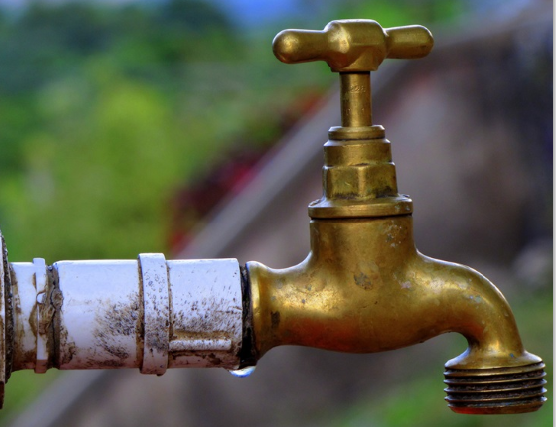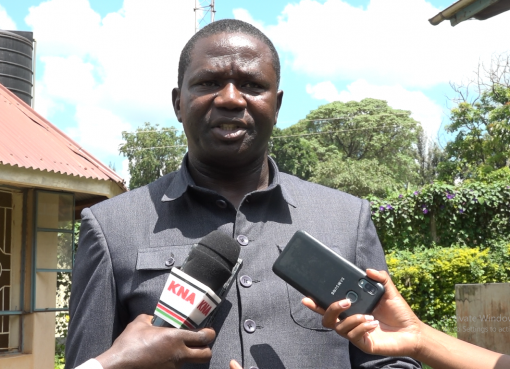Water Companies in most parts of Kiambu County have been forced to ration water since water levels in water sources have gone down as the country continues to experience severe drought.
Kiambu County Environment and Water Executive Committee Member (CECM), David Kuria, said due to scarcity of rainfall dams, rivers and boreholes have registered historically low water level this time of the year.
He noted that the demand for water in the County is becoming high and the supply running out with no rain forecast and thus the crisis is set to get worse if plans are not put underway.
“We have seen dams with big volumes of water dangerously reducing, and some of our boreholes have also gone down, therefore, due to these changes we are urging the citizens to be tolerant to water companies who are forced to ration water,” he said.
The CECM further added that the strategy is meant to ensure that the available water can be supplied moderately to everyone, mostly for domestic use.
The situation which is severely impacting agricultural activities in the country, with Kiambu being one of the most important agricultural part in the country due to its food production aptitude is said to be threatening food security in the region
KNA spoke to a resident of Lari, Mr. James Mbugua, who cited that a borehole they relied on at their neighbouring Kibagare Primary School had dried up.
“We nowadays get water in our taps on Tuesdays and Fridays only, but before we were connected to a borehole at the Roromo area, which supplies water to villages such as Ngarariga, Ndeiya and Ndiuni, but it has now dried up,” Mbugua said.
Kuria urged people to use the water they are getting wisely so as to ensure they have met their daily needs.
“We are suffering the consequences of unpredictable weather patterns caused, by climate change, hence we should be mindful of Vulnerable families at risk of starvation, and the most affected such as children aged under five, the elderly, and breastfeeding mothers,” added the Water CECM
According to the United Nations Office for the Coordination of Humanitarian Affairs (OCHA), 3.5 million Kenyans are facing hunger due to acute drought by June 2022. A fourth consecutive poor rainy season could prove disastrous.
By Grace Naishoo




